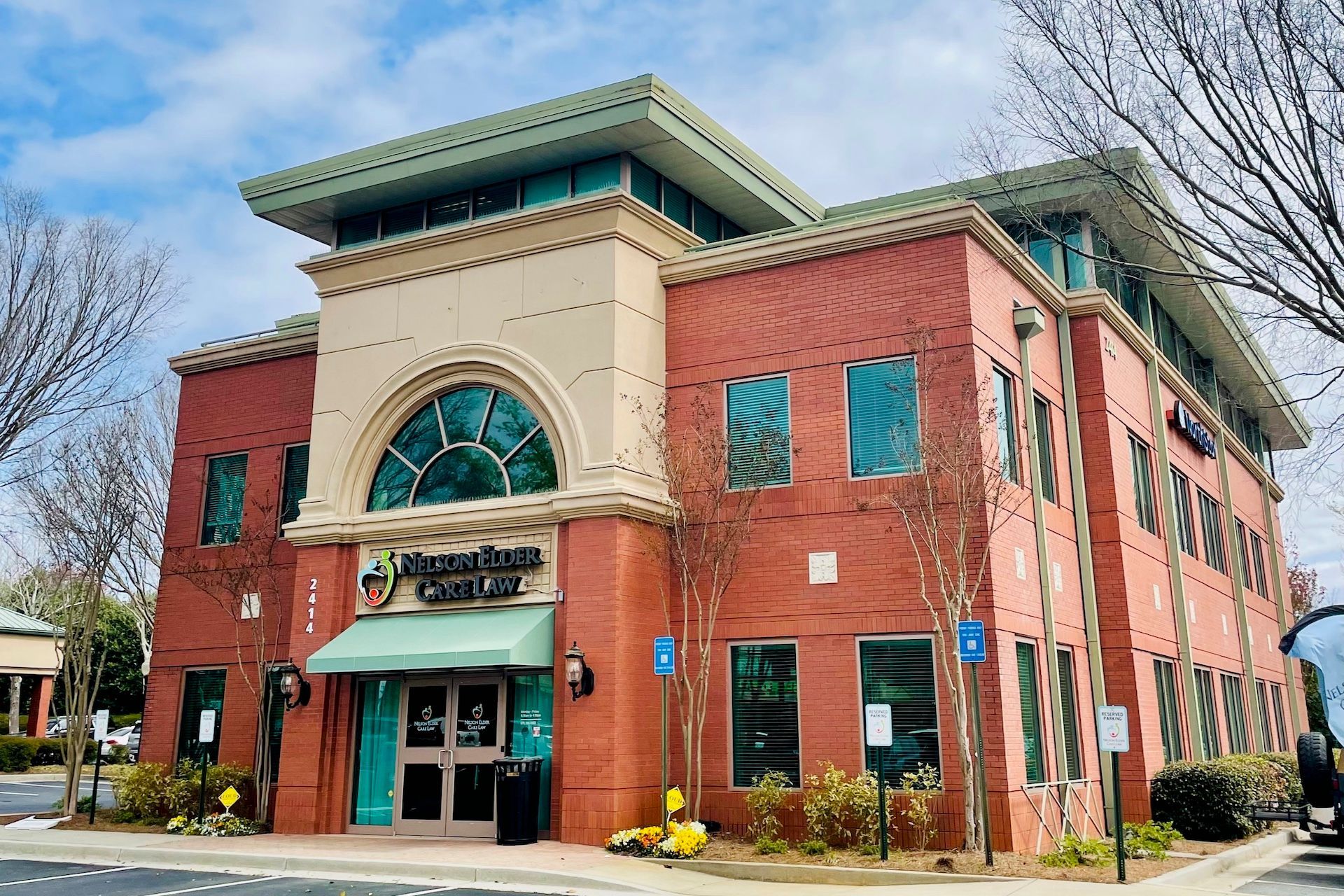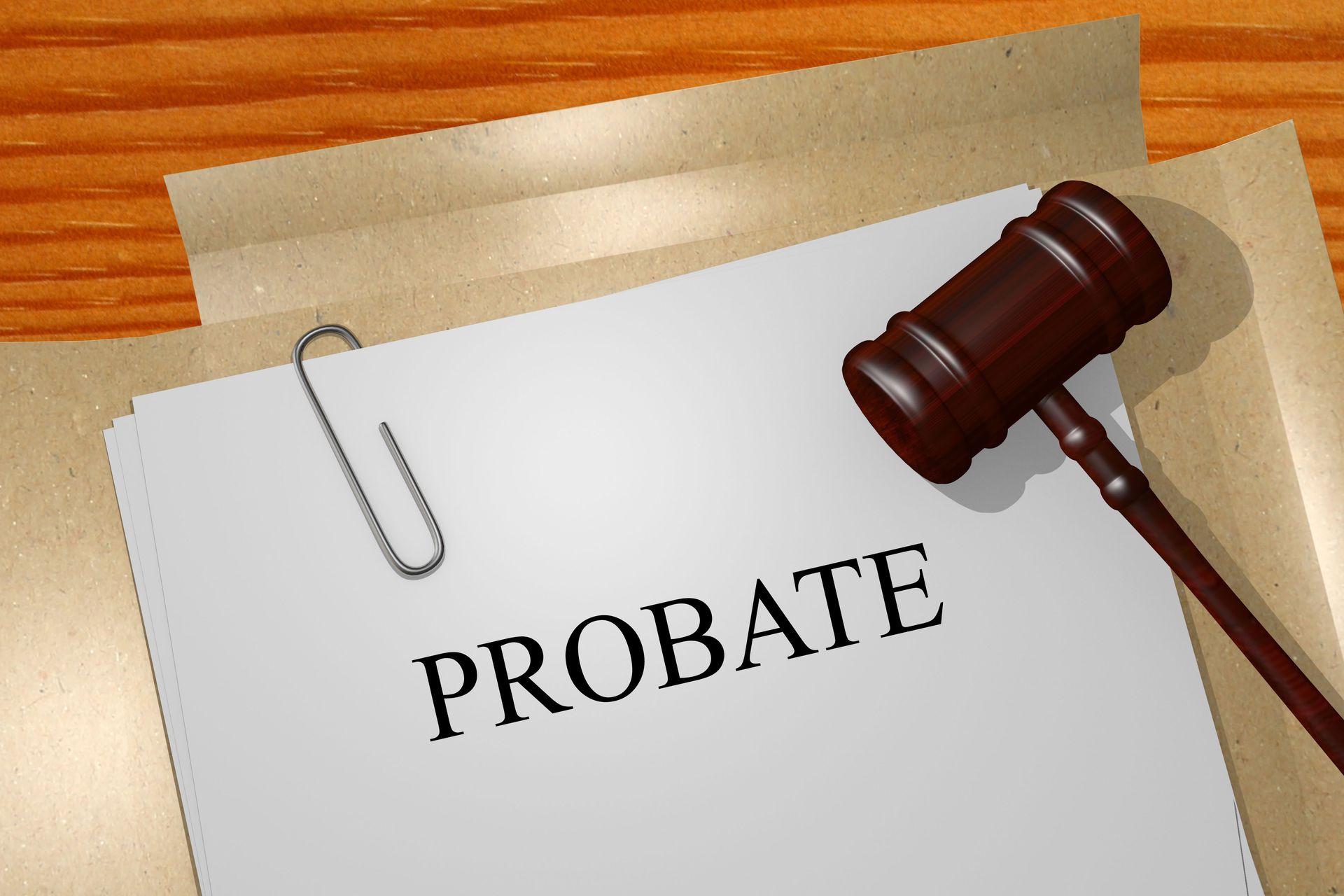Preparing to Settle Digital Estates
As our lives become more and more connected online, we increasingly need to also consider what to do with the digital estate, the online accounts of our dearly departed, many of which hold photos and personal memories, as well as sensitive financial information.
Settling the estate of a loved family member or dear friend is a challenging and emotionally wearing process, reports The-Parallax in the article “How to settle your loved one’s digital estate.” If an estate plan is in place, some things are easier. However, even then, there are possessions to sort through, assets to distribute and many tasks that need to be done. Now, add digital assets to that list.
Most people know they need to do something, but few have a plan in place to direct their executor how to handle their digital assets. Creating a digital will can make the process easier. That could include everything from a Facebook account to photos in the cloud.
This is still a relatively new part of our digital lives that you want to prepare for. The tendency is to do nothing because people don’t know where to start. Therefore, here is an overview of the most popular digital platforms and their requirements. This is a rapidly changing area, so do the homework to make sure that these policies are still in place.
Amazon does not yet have an automated process in place to close a deceased person’s account.
Apple asks that the executor contact Apple Support. You’ll need to provide the user’s Apple ID, email address and a death certificate.
Facebook requires a special request and proof of the authority under local law that you are the representative of the deceased person or their estate. You’ll also need their birth certificate and death certificate. Facebook allows you to make an account a memorialized Facebook account, where content remains visible according to their privacy settings and friends can continue to post. Living individuals can appoint a legacy contact to manage their account.
Google requires the use of a form, verification that you are a relative or legal representative, a death certificate and additional documents. If you are preparing for your own death, you can use the Inactive Account Manager to share parts of your account data, appoint a trusted contact and notify someone, if their account has been inactive for a certain period of time.
Instagram, which is owned by Facebook, provides two options: remove it or memorialize it. Verified immediate family members can require that the account be closed with proof that you are an immediate family member, along with the decedent’s birth and death certificates.
Linked In has a form to request the closing of a user profile. You’ll need to provide the person’s profile URL, the date of death, a link to an obituary, the most recent employer, emails associated with the account and other information.
Twitter has a format requiring you to make a request and will send information required. However, Twitter will only work with immediate family members or those authorized to act on behalf of the estate.
These are just a few of the top platforms. They all have a process that requires verification of the identity of the requester and of the death of the decedent. Newer platforms pop up all the time and some have processes, while others do not for the death of an account holder.
This is still a relatively new area and will change as time goes on. Speak with your estate planning attorney to make sure your estate plan includes addressing digital assets.
Reference : The-Parallax.com (Sep. 14, 2018) “How to settle your loved one’s digital estate”



Marietta, GA
2414 Dallas Hwy SW #100
Marietta, GA 30064
Woodstock, GA
2230 Towne Lake Pkwy
Building 1200, Suite 120
Woodstock, GA 30189
GET OUR NEWSLETTER
We believe that smart decisions begin with accurate information. Sign up for our monthly newsletter and get advice on how to secure your financial legacy.
Elder Care and Estate Planning Tips, Advice & Resources. Sign up now.
Get Our Newsletter Form
We will get back to you as soon as possible.
Please try again later.












